Routine Examinations
A routine dental examination is an important aspect of preventative dental care.
How often do I need one?
This examination will be carried out at regular time interval agreed by you and your dentist. The intervals between individual may vary from 3 to 24 months and are dependent on multiple factors including, previous findings and treatments and your risk factors for decay (caries) and gum disease.


